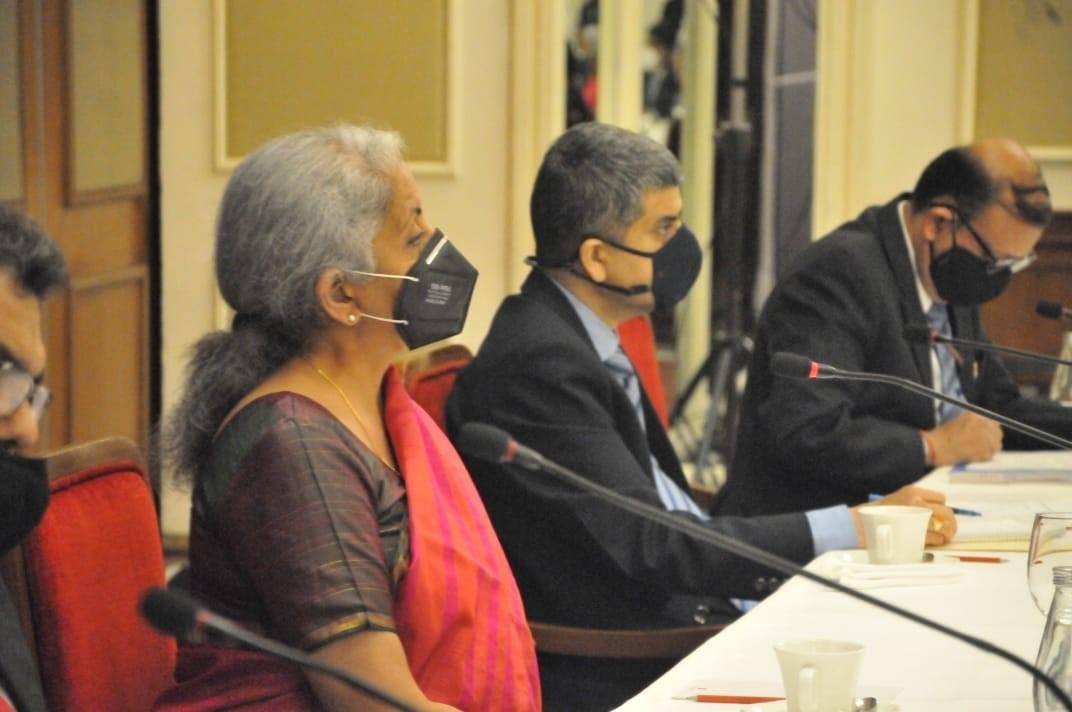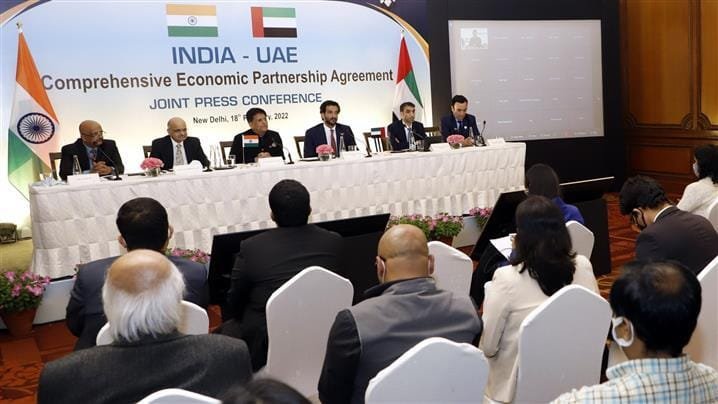Brussels-New Delhi’s new relationship

The European Union’s (EU) new approach to India, unveiled in November 2018, lays out a productive basis for a long overdue transformation of the relations between Brussels and New Delhi, writes C Raja Mohan and Archana Atmakuri of the Institute of South Asian Studies.
(Professor C Raja Mohan is Director of the Institute of South Asian Studies (ISAS), an autonomous research institute at the National University of Singapore (NUS). Archana Atmakuri is a Research Assistant at ISAS. This paper was first published by ISAS early Dec 2018. Here is a summary).
India, in turn, has welcomed the EU’s promise to develop a more streamlined, flexible and result-oriented strategy towards New Delhi. As they confront an increasingly uncertain world, India and the EU need each other, more than ever before, in securing their particular interests.
The European Union’s (EU) new effort to reinforce the decade and a half old strategic partnership with India is built around four pillars – cooperation for sustainable modernisation, promotion of a rules-based global order, foreign policy coordination and substantive security cooperation. New Delhi welcomed the EU’s new strategy and signalled its readiness to work on the robust agenda outlined by Brussels.
Despite shared political values, the long history of European economic interaction with India and much goodwill among their people, the EU and India found it hard to lend substance to their declaration of a strategic partnership in 2004.
On its part, India was quite content with dealing with key European powers bilaterally and had a hard time engaging the EU as a collective unit. For the EU, on the other hand, China loomed large when it looked beyond Europe and the Atlantic.
Indian thinking on Europe appeared to change in 2016, when Prime Minister Narendra Modi travelled to Brussels for his first summit with the EU and affirmed India’s commitment to a more vigorous political and economic engagement with the EU.
Modi’s enthusiasm for Europe was a departure from the traditional thinking in New Delhi, where the default anti-Western bias endured. Unlike the traditionalists, Modi also saw stronger ties with Europe as critical to the pursuit of India’s construction of a multipolar world.
Meanwhile, due to the uncertainties generated by the rise of China, the assertion of Russia and the potential retrenchment of the United States, the EU leadership too had begun to take a fresh look at India.
The new EU strategy notes India’s growing economic weight, the impact of its policies on the global environment – physical and institutional – and its location in a complex geopolitical space.
The strategy underlines the EU’s interest in “strengthening its political and economic ties, as well as security and defence policy cooperation with India, a heavy weight on the Asian continent and an emerging global power”. It adds that “a strong partnership with India is key for a balanced EU policy towards Asia as a whole”.
Returning to the key pillars of the reinforced strategic partnership, the EU “is a natural partner in supporting India’s aim to grow in a sustainable manner; access green technology and digital solutions, achieve resource efficiency; implement regulatory models and legislative frameworks; and harmonise standards”.
Unlike in the past when Brussels was seen as too preachy in New Delhi, the EU is now acknowledging its own interest in promoting India’s advancement.
“A strong modernization partnership between the EU and India should also support the EU’s own job creation, growth and investment objectives, and help promote sustainable connectivity for Europe and Asia”.
The idea of a rules-based order is quite central to the European world view and India too has long been a votary of strong international norms and effective international institutions for global governance. The EU is eager to develop a result-oriented approach on multilateral issues with India and is “seeking to align the positions, notably at the United Nations, in the G20 and the WTO, as well as to jointly support international law and dispute settlement”.
Beyond multilateralism, the EU is also keen to strengthen cooperation with New Delhi on foreign policy issues, especially in their shared spaces of Eurasia and the Indo-Pacific.
“The EU and India have a common responsibility to ensure international peace and security of their extended neighbourhood which overlaps in Central Asia, the Middle East/West Asia, Africa and Indian Ocean. Their shared values and principles point at a general convergence of interests in these regions.” The EU emphasises enhancing engagement with India “from a practical perspective, striving for joint assessments, analysis and action”.
As Brussels unveils the ambition to become a security actor on the global stage, it is taking the first steps towards joint development of defence capabilities within the EU that will enhance over time its operational capacity and the ability to collaborate with the world’s major military powers. The EU now seeks to “develop military-to-military relations with India”. It believes a number of areas, including “crisis management, peacekeeping and peacebuilding offer vast potential for bilateral cooperation and at the UN”.
By any measure, the EU’s strategy lays out the framework for a pragmatic and realistic engagement with India. As Brussels tries to overcome the past limitations in dealing with India, it is up to New Delhi now to make the best of the new strategic opportunities with Eur
Source: ISAS. -/fiinews.com









